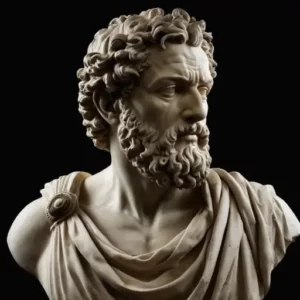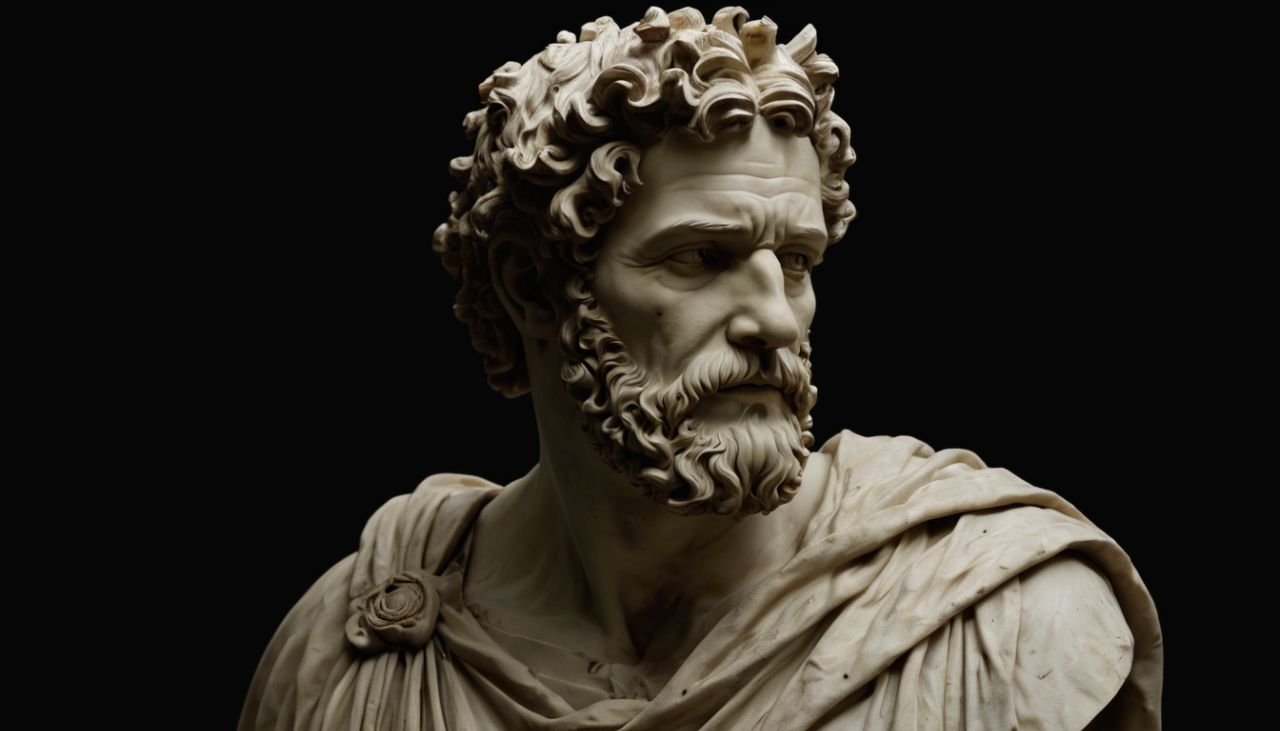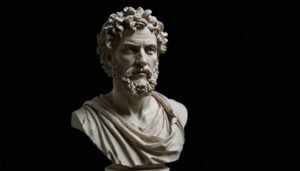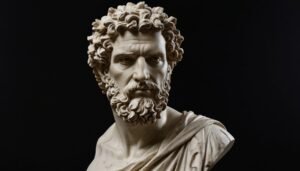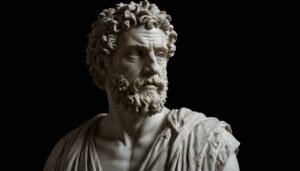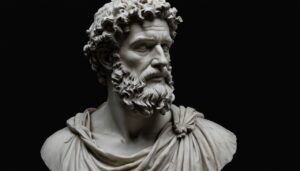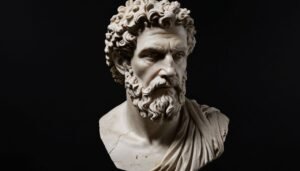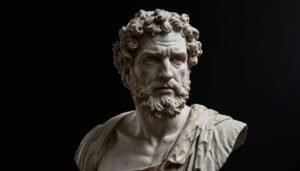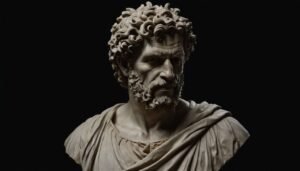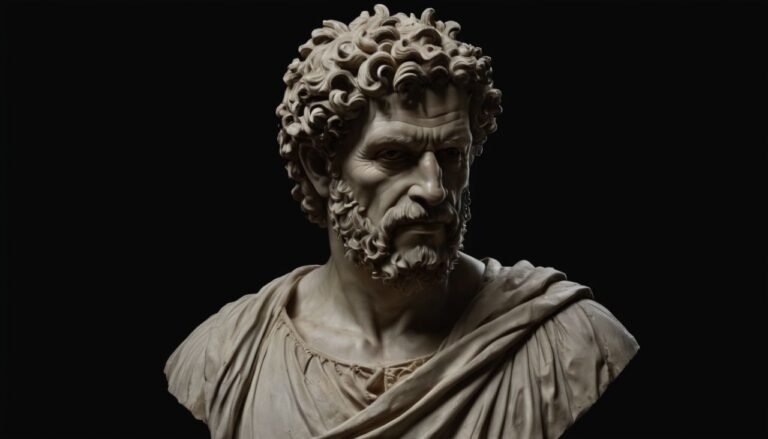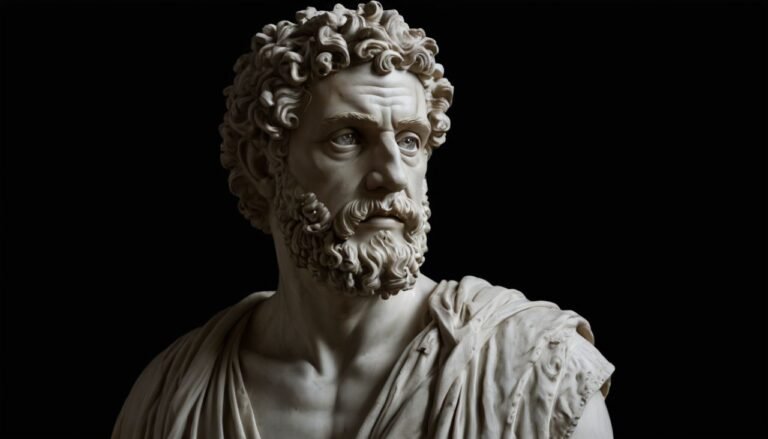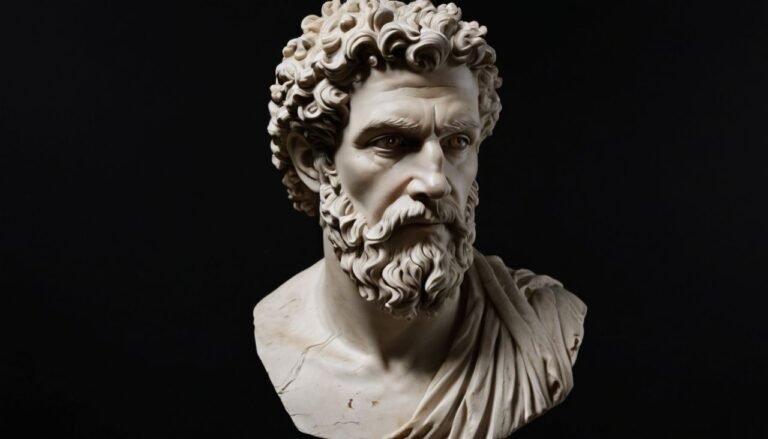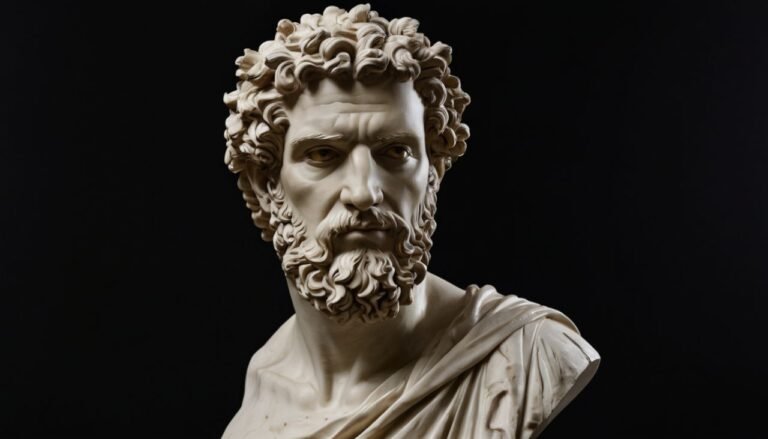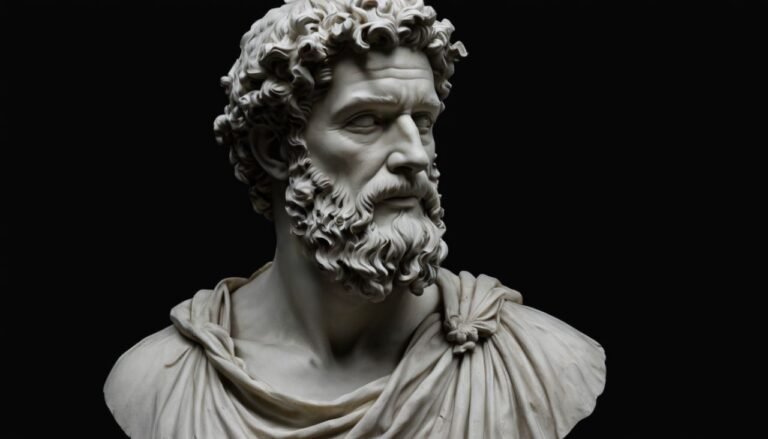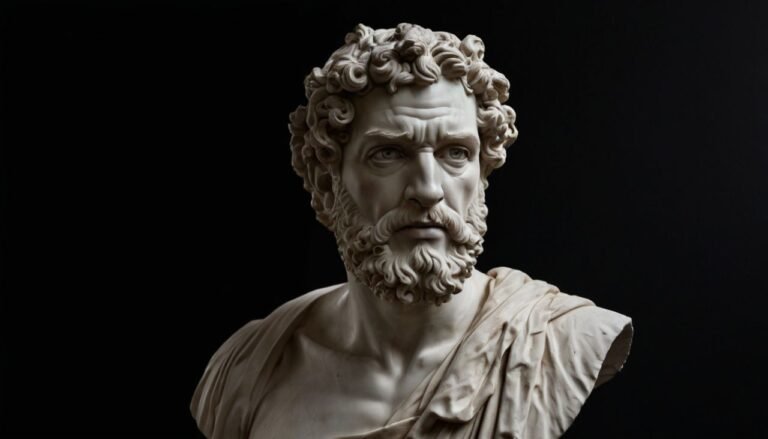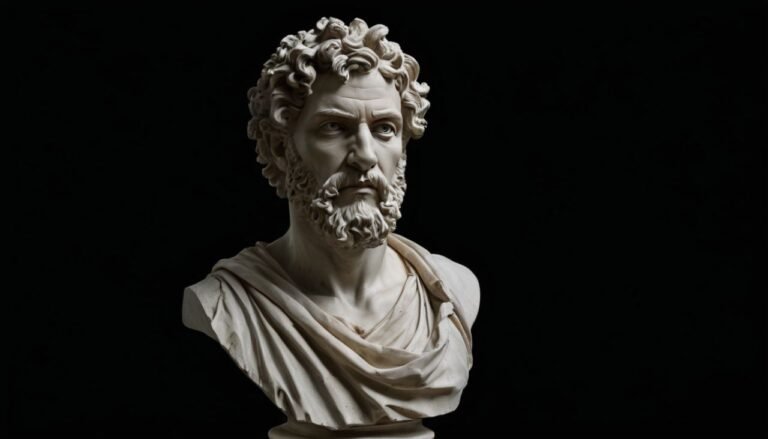Introduction
Plato, a towering figure in the history of philosophy, has left an indelible mark on Western thought. Born around 428/427 BC in Athens, Greece, he was a student of Socrates and the teacher of Aristotle. Plato’s works, particularly his dialogues, have influenced various fields such as ethics, politics, epistemology, and metaphysics.
Early Life and Education
Plato came from an aristocratic family. His early education included subjects like philosophy, poetry, and mathematics. His encounter with Socrates changed his life’s trajectory, leading him to pursue philosophy seriously. Socrates’ method of questioning and dialogue significantly influenced Plato’s own philosophical style.
The Academy
Around 387 BC, Plato founded the Academy in Athens, one of the earliest institutions of higher learning in the Western world. The Academy attracted students from all over Greece and beyond, including Aristotle. It became a hub for philosophical and scientific inquiry.
Key Philosophical Ideas
Theory of Forms
Plato’s Theory of Forms posits that there exists a higher realm of perfect, immutable Forms or Ideas, which are the true reality. The material world we perceive through our senses is just a shadow or imitation of this higher reality. For instance, all the circular objects we see are imperfect copies of the perfect Form of a Circle.
Allegory of the Cave
In “The Republic,” Plato presents the Allegory of the Cave to illustrate his Theory of Forms. Prisoners in a cave see only shadows on a wall, mistaking them for reality. One prisoner escapes and discovers the outside world, realizing the shadows are mere reflections of real objects. This allegory underscores the philosopher’s role in seeking true knowledge and enlightening others.
The Tripartite Soul
Plato divides the human soul into three parts: reason, spirit, and appetite. Reason seeks truth and wisdom, spirit strives for honor and courage, and appetite desires physical pleasures. A just person maintains harmony among these parts, with reason guiding the other two.
Ideal State
In his political philosophy, Plato envisions an ideal state ruled by philosopher-kings. He argues that philosophers, with their love of wisdom and knowledge of the Forms, are best suited to govern. The state should be divided into three classes: rulers (philosopher-kings), warriors (protectors), and producers (farmers, artisans).
Influence and Legacy
Plato’s influence extends across centuries and continents. His ideas laid the groundwork for Western philosophy and science. His dialogues continue to be studied and debated by scholars and students alike. Philosophers such as Augustine, Aquinas, Descartes, and Kant were deeply influenced by his work.
Conclusion
Plato’s contributions to philosophy are immeasurable. His exploration of fundamental questions about reality, knowledge, ethics, and politics has shaped intellectual history. Through his writings and the Academy, he has inspired countless generations to pursue wisdom and truth.
